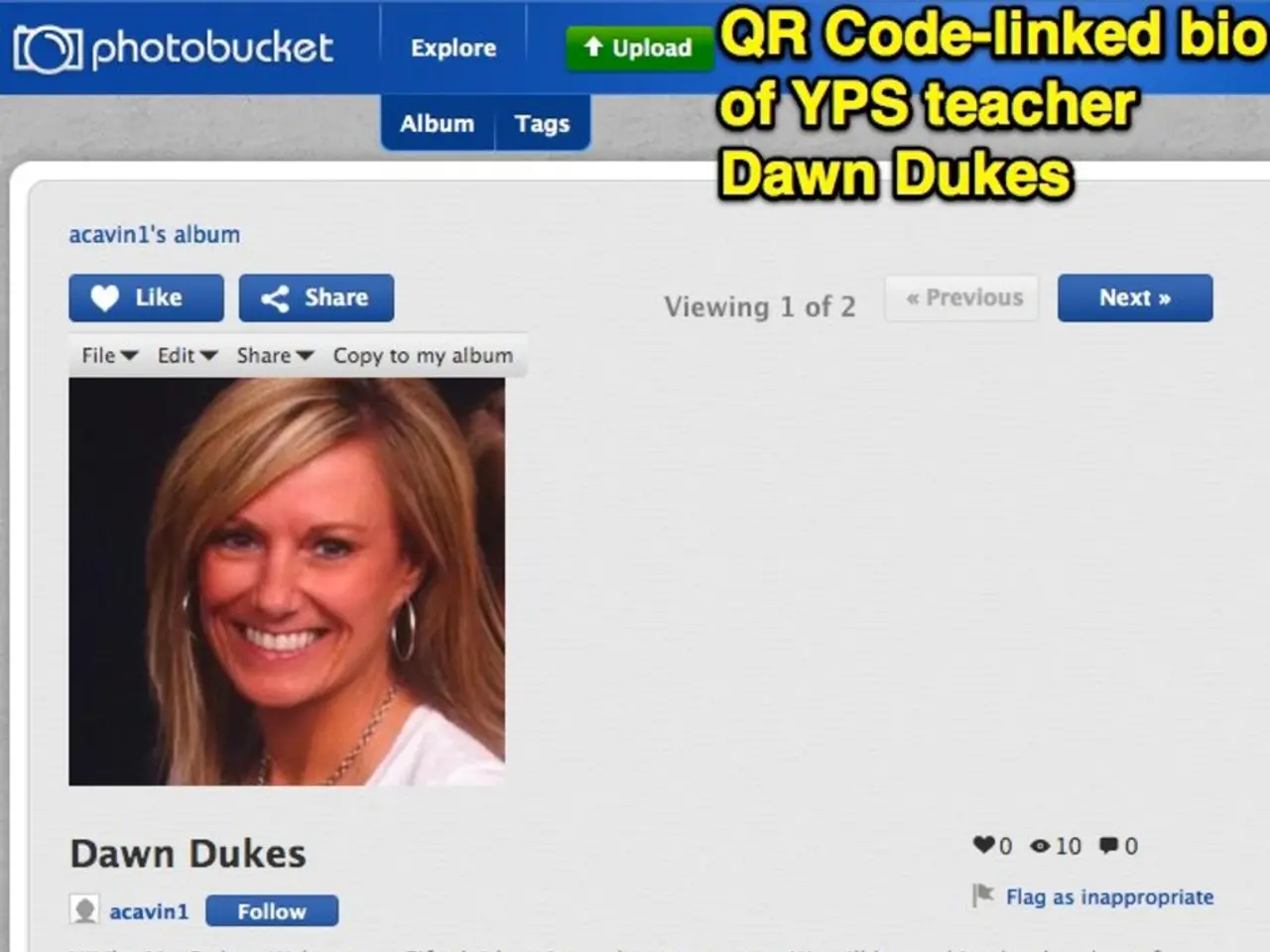Social Media's Influence on Romantic Connections: Traversing the Virtual Terrain
In the digital age, social media has become an integral part of our lives, impacting various aspects, including our relationships. While it offers benefits such as enabling long-distance connections and fostering a sense of closeness, it also poses challenges that can erode real-life bonds [1].
Challenges Posed by Social Media
One significant challenge is the distraction and reduced communication that social media can cause. Partners spending time scrolling or engaging online can lead to feelings of loneliness and neglect, especially when one partner craves conversation or connection [1].
Unrealistic portrayals and jealousy are another challenge. Excessive or performative sharing about relationships can mask underlying unhappiness and cause misunderstandings or insecurity [3]. Misinterpretations and boundary issues can also arise from social media interactions lacking tone or context, potentially breeding jealousy or conflict if partners’ expectations about privacy and sharing aren’t aligned [4].
Maintaining Healthy Connections
To overcome these challenges, it's crucial to set clear boundaries, prioritise face-to-face interactions, practice mindfulness about social media use, engage in authentic communication, manage what you share together, consider periodic digital detoxes, watch out for signs of overcompensation, and regularly check in with each other [2][4].
Setting clear boundaries can help ensure that both parties feel comfortable and secure in the digital landscape. Agreeing on times to disconnect from social media to focus on each other, such as “no-phone” periods during shared time or social-media-free days, can be beneficial [2][4].
Prioritising face-to-face interactions whenever possible can deepen emotional intimacy. Choosing in-person meetings and conversations over online interactions can help maintain the quality of connection and reduce the risk of misinterpretations [2].
Practicing mindfulness about social media use involves reflecting regularly on whether your social media habits enhance or detract from your relationship and well-being [2]. Engaging in authentic communication encourages deeper conversations beyond superficial likes or comments, sharing feelings and experiences openly [2].
Managing what you share together involves deciding mutually what aspects of your relationship remain private versus public online, respecting each other’s comfort and privacy preferences [4]. Taking breaks from social media can help reconnect with the present moment and your partner [2].
Watching out for signs of overcompensation, such as frequent excessive posts about the relationship, might indicate dissatisfaction rather than happiness [3].
Seeking Support
If social media is causing significant issues in your relationship, don't hesitate to seek professional help from relationship counselors or therapists [5]. Open and honest communication is crucial in any relationship, especially when it comes to social media. Establishing guidelines for what is acceptable behavior online and offline is essential [6][7].
Regularly checking in with each other can help ensure that both parties feel comfortable and secure in the digital landscape [6]. By implementing these strategies, couples and friends can use social media as a tool that supports rather than undermines genuine human connection [1][2][4].
- Maintaining a balance in the use of social media can be crucial for healthy relationships, as excessive online engagement might lead to neglect in face-to-face interactions, causing feelings of loneliness and impacting the relationship negatively [1, 2].
- Authentic communication on social media platforms can help strengthen relationships by enabling deeper, open conversations and sharing of feelings, rather than just superficial comments or likes [2].
- Establishing clear boundaries for the use of social media, such as "no-phone" periods during shared time or social-media-free days, can help couples maintain a healthy balance between their digital and real-life interactions, while also fostering a sense of security and intimacy [2, 4].








